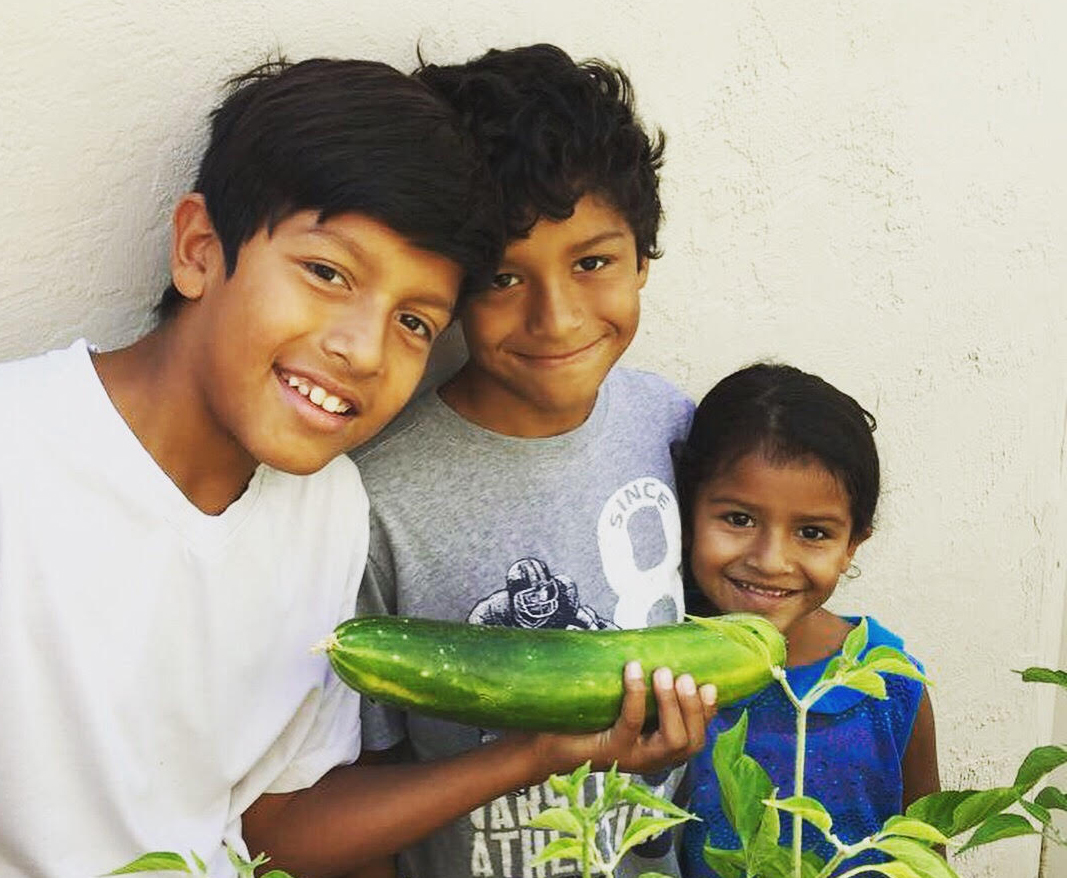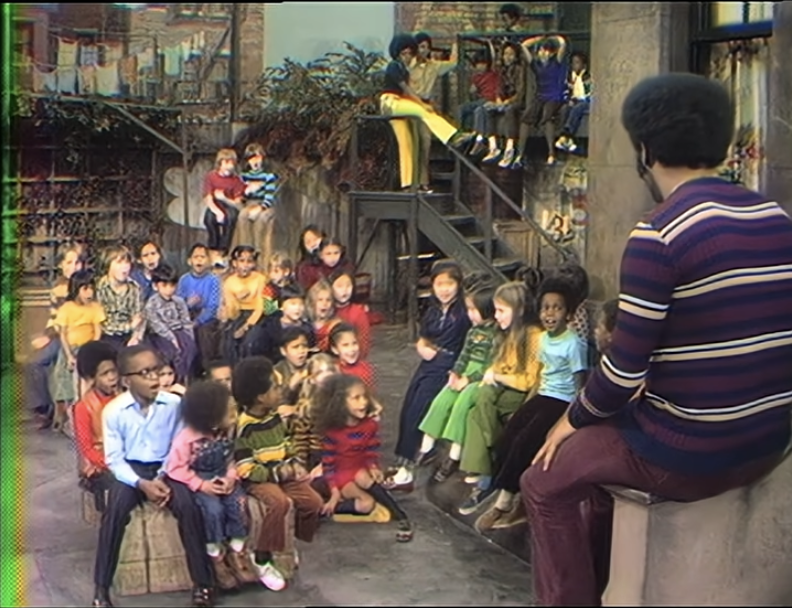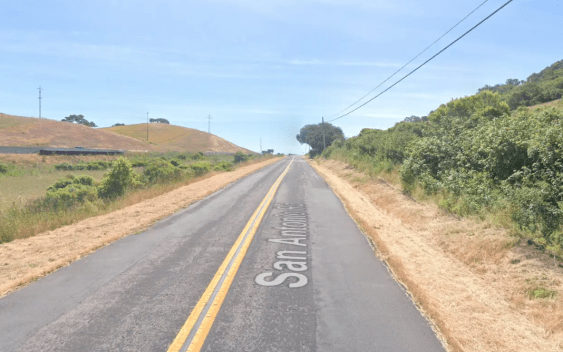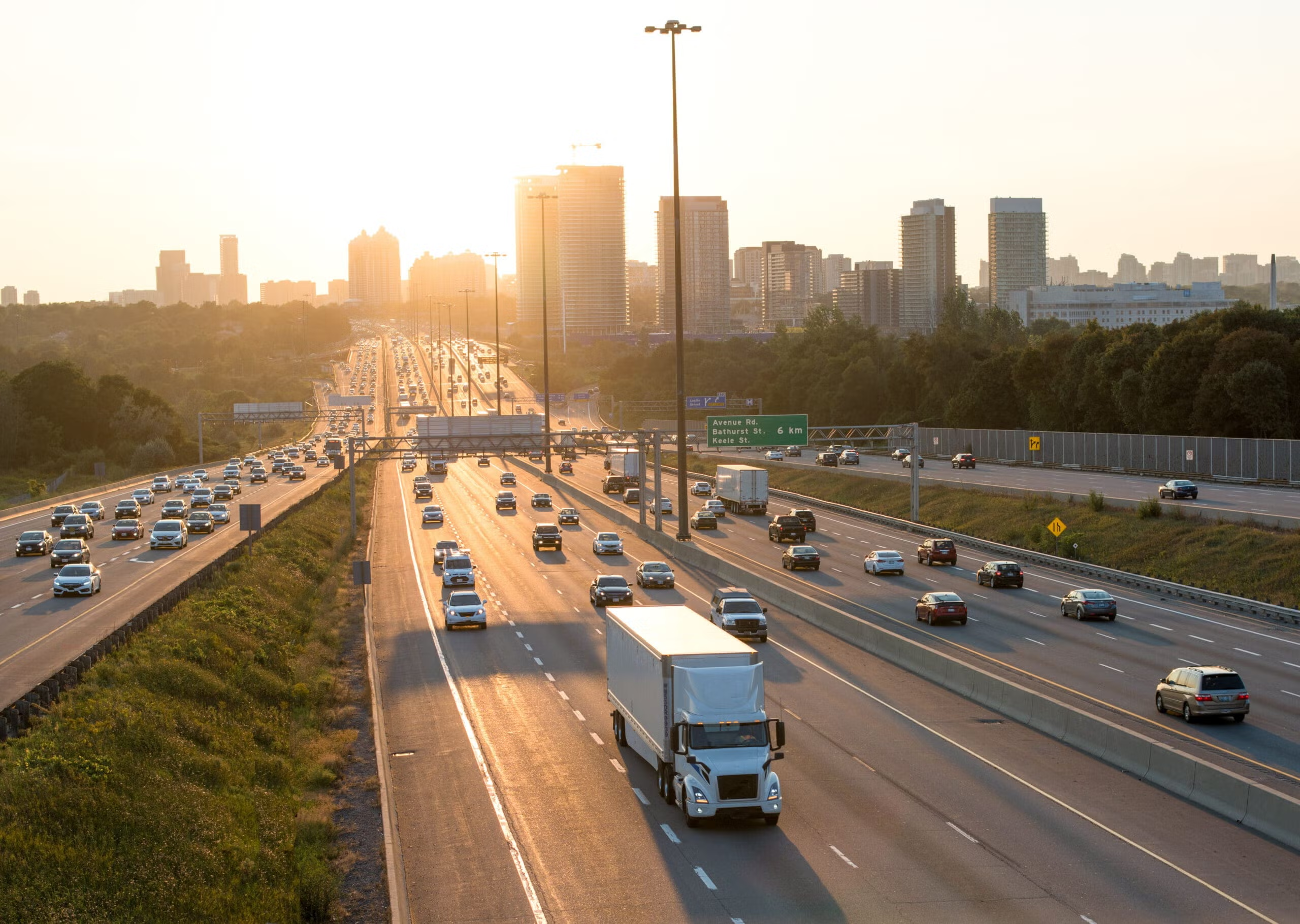This Saturday, about fifty bicyclists will, one by one, arrive at the Valley Verde urban garden in San Jose, pick up a few flats of seedlings, and fan out across the San Jose area, delivering them to families ready to plant a vegetable garden. The first-time seedling delivery collaboration is the result of a combination of hard work, a desire to grow fresh food, a desire to help, and probably a bit of cabin fever.
Valley Verde is a nonprofit in San Jose that runs a program to help low-income families in the region become resilient by growing their own healthy food. The program provides materials and assistance to build planter boxes, including soil and seedlings, and participants enroll in a monthly class about composting, caring for, and harvesting their vegetables. Valley Verde makes an effort to find and grow seedlings of foods preferred by the many ethnicities in the area - bitter melon and snow peas for Vietnamese families, tomatillos and epazote for Latinx families, curry leaf for Indian families.
They usually have about a hundred families enrolled each year, said Raul Lozano, Valley Verde's founder. "This year, we decided to grow extra seedlings for people who are not in the program, but may be unemployed or underemployed," he said. They ended up with 5,000 seedlings, some from their own greenhouses, some from other organizations including the Forge at Santa Clara University, San Jose Master Gardeners, and the Stanford University Farm.
They plan to give each family about six varieties of seedlings, plus four to five varieties of seeds. "It's enough to feed a family of five," said Lozano. All the families need is a space that receives at least six hours of sunlight a day.
When Valley Verde was considering how to get the seedlings to the families, they considered a drive-through, with volunteers dropping seedlings, seeds, and instructions into people's car trunks. But they wanted to find a way that wouldn't have such a big environmental impact or create so many car trips, said Lozano.
He had worked with the Silicon Valley Bicycle Coalition in the past - Valley Verde was one of the hosts of an urban agriculture bike tour led by the Coalition. He called Shiloh Ballard, head of the SVBC, and asked if it would be possible to arrange deliveries by bike.
At first she hesitated - not because it wasn't a solid idea. "We were in the process of laying people off and figuring out the impact to our budget from the coronavirus," said Ballard. "It was clearly a wonderful opportunity, but who would do it? Did I have enough staff? And how many people are going to volunteer for this?" Volunteers would need to have not only a bike but also a trailer, as well as the ability and willingness to ride a bit of a distance.
Ballard thought she'd get maybe fifteen volunteers. "We even thought maybe we could hire all the pedicabs, because they're out of jobs right now. But we couldn't get any funding for that. So, we decided, let's put out the call for volunteers, and just see what happens."
Within a week, 150 people had signed up to help out. "It's super cool," said Ballard. "In the bike community, in the community broadly, people are eager to help. They think: I can marry public service with riding my bike." One volunteer, she said, told her: "I'm not good at anything but riding my bike. It's wonderful that I can help while doing the one thing I'm good at!"
The deliveries will happen this coming Saturday, but there will be another opportunity to participate later this month, and likely in the fall as well. Not all the volunteers can be put to use this weekend - "I had to turn away about 80 people," said Ballard. She asked for patience while they figure out how best to organize the day, including staggered arrival times and ways to help people maintain safe distances.
The bike-riding volunteers will deliver seedlings to 86 families. Some families will drive in on Friday to pick up their seedlings. "There are also about fifteen families in Gilroy," said Ballard. "We could totally do that - we have volunteers who are willing to ride more than fifty miles."
Some of the volunteers, she said, would be going for a ride on Saturday anyway. Why not add a purpose and destination to your workout?
If this weekend goes well, Lozano and Valley Verde have even bigger plans. "We have enough seedlings for 400 families, and about 213 have applied so far. We're going to do another giveaway on May 23 - by then we'll have enough seedlings for 300 more families," he said. "We're hoping we have more people sign up, and we will have the bike coalition to do another delivery."
"We're also thinking we might do one twice this size for winter gardens," said Lozano. "It depends on the response."
Valley Verde's gardening program usually has about 100 families enrolled in its year-long programs, and that includes raised beds, soil, monthly classes. and free seedlings in the spring and again in the fall.
This last December, said Lozano, his team was calculating how many seedlings they would need for their enrolled families. "Then the pandemic came along, and we realized we need to help more families who are really struggling," he said. "This is the whole reason we started" about ten years ago, during the housing crisis, he said. "We could see that the food banks were overwhelmed."
"With the stay-in-place, this gets them out of the house, in the yard; and it's something they can do with their kids," he said. "This is the second big event we are going through since we were founded," he added, "and part of the cure is to grow your own food."
The San Jose area is blessed with a year-round growing season, so winter vegetables are very much in the plans. "We're hoping we get a big response, and not just from families," said Lozano. They also sell seedlings to raise money for their programs. There is an online order form, although currently they don't have the capacity to send them via mail, so pickups have to be in person.
"We want to be known as a place to buy seedlings for the multiethnic community," said Lozano. "People of color are a majority of the population in the state--it dumbfounds us that [nurseries are] not providing for that market." That is, while you can find bitter melon in some markets, the plants are harder to come by. Even okra plants are not readily available in nurseries.
"We had thirty curry leaf seedlings last year," said Lozano. "We didn't know what the demand would be. But we had Indian families coming from as far as Richmond to buy these seedlings."
"We're growing 26 varieties of vegetables in our greenhouses," said Lozano, and they maintain special lists of vegetables preferred by Asian, Latinx, and Indian families.
Families that qualify--that is, that are low-income and have a space, however small, that gets six hours of sunlight--can still sign up for the May 23 giveaway (Plant Your Garden, Grow Your Food_Valley Verde). "Even if there's only space for a few five-gallon buckets - you can still grow tomato plants. You just need to punch a hole in the bottom so they drain, and maybe move them around a bit," said Lozano.
"But people should sign up right away," he said, "because we only have three weeks to plan."
And Silicon Valley Bicycle Coalition volunteers who were turned down should stay tuned; they may yet be tapped for a bike-riding seedling delivery.






